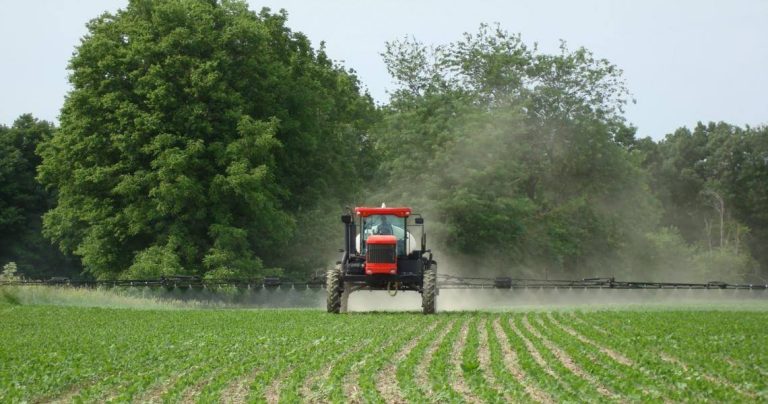
 Mike Clough
Mike Clough
Brexit? Bremain? But things will stay the same
Author: Mike Clough
Date Posted: Tuesday 14th June 2016

0161 723 2000
8AM to 5PM

Author: Mike Clough
Date Posted: Tuesday 14th June 2016

There has reportedly been a significant shift to the Brexit camp recently, as certain interested groups have become increasingly negative about the European Commission’s continued failure to approve the recommended renewal of glyphosate as an approved herbicide.
The process for authorising the substance has been followed properly; both the German ‘Federal Institute for Risk Assessment’ and the European Food Safety Authority have concluded that glyphosate is safe, and that it is unlikely to be carcinogenic (contrary to the recent IARC paper).
Normally, the next step would be for the Commission to follow the expert scientific advice and ratify the decision of their advisory bodies. However, the Commission is stalling on this step, and failing to pass the decision. This is unprecedented behaviour and contrary to protocol and expert advice.
Basically, if the decision is not made by July 1st, then glyphosate will no longer be approved. It will not be approved for farmers; it will not be approved for amenity contractors and local authorities and it will not be approved for members of the public.
Roundup and any other product containing glyphosate will not be authorised for sale as of that date, leaving retailers and professionals with stock that they can’t sell anywhere in Europe. What’s more, glyphosate will not be authorised for use, and overnight, the main herbicide used by allotment gardeners and old ladies on their pathways and drives will be, essentially, illegal.
Local authorities will lose the main chemical that they use to keep our pavements level and free of trip hazards; highways managers and rail maintenance contractors will have lost the main chemical that they use to keep our transport networks safe. British farmers will still be significantly affected although our farmers use glyphosate less than their counterparts in other parts of the world.
The principal issue with this is that we will be replacing one of the most widely-used and least-hazardous herbicides (to human health) with a variety of alternatives – virtually all of which are more harmful to health, and most of which are more damaging to the environment. This is a massive backwards step, ironically driven by so-called “green” campaigners, who simply don’t seem to understand the consequences of a blanket ban on glyphosate. It’s going to make things worse all-round, rather than better.
So, many professionals who rely on pesticides are now going to vote to turn their backs on the EU in the hope that Brexit could change things back to how they were.
But that’s not going to be the case. Brexit would not immediately mean that the UK would be relieved of the yoke of the oppressor and “free to approve whatever chemicals we like” – even if this is the case in theory.
Even if we find ourselves officially out of the EU, we would still be bound by UK law – and UK laws have been made under the guidance (or instruction) of the EU and rely on decisions made at EU level. This would not change overnight.
We would still only be able to use substances approved at EU level – but we would no longer have any say in what those substances were. A new position would require a comprehensive change in UK law, which would most likely take years to put in place.
What’s more, a new framework would be needed for UK decision making, which, for best practice would involve the Expert Committee on Pesticides, as well as the UK’s Chemical Regulations Directorate and would need to include a mechanism for approving active ingredients – the role that the European Commission currently plays.
This approach would require the UK to carry out its own research into every single active ingredient in pesticides, rather than sharing this burden among the current 28 member states who all contribute to these assessments at present.
Emergency approvals could potentially be granted – but again, the processes in place for this approval are the same processes that we currently have now as members of the EU.
So this year’s growing season is unlikely to see any reversal of any decisions made at European level, and it seems clear that the grass will not be any greener in the UK – at least not overnight.
Chris Oliver
Operations Manager